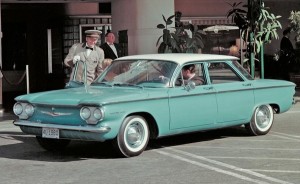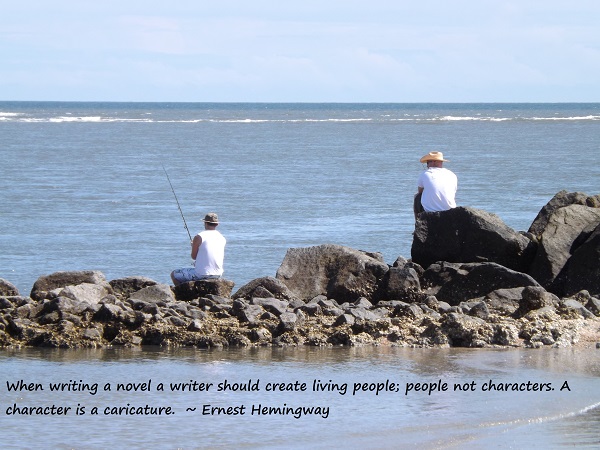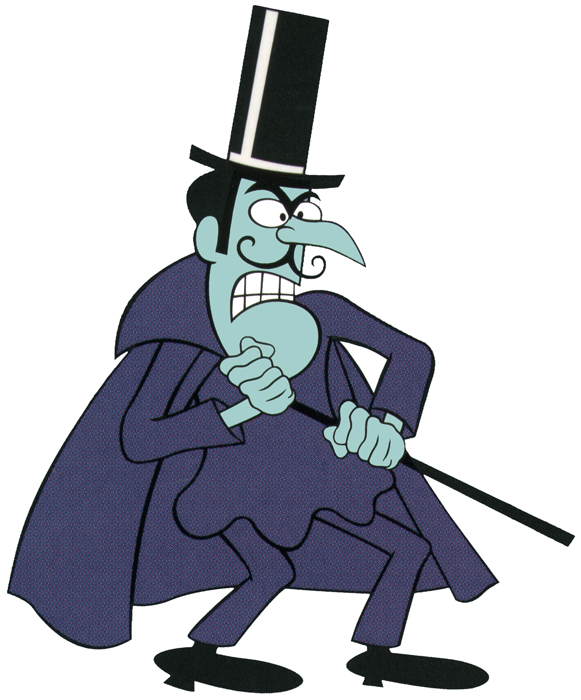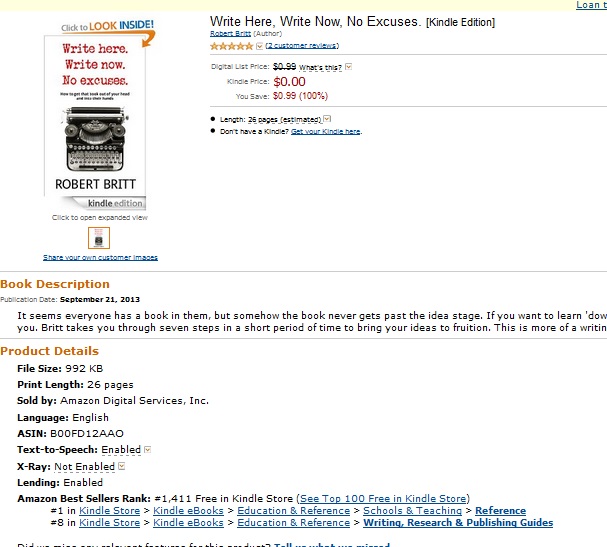One thing that is nearly impossible to teach is finding your writing “voice.” This is the thing that makes you unique. It could be you have a a “here’s the facts, ma’am” style or you enjoy using a lot of puns or word play in your writing, but it is the thing that will gain you and audience.
 So how do you find your voice? Mostly it’s just practice, but there is a bit more to it. You may identify authors and emulate their style or incorporate their voice a bit, and that’s fine, because you will never really capture anyone else’s style completely. It will become you.
So how do you find your voice? Mostly it’s just practice, but there is a bit more to it. You may identify authors and emulate their style or incorporate their voice a bit, and that’s fine, because you will never really capture anyone else’s style completely. It will become you.
For me, voice comes to to two things; taking chances and following your passion.
Taking chances means working way outside your comfort zone. You don’t have to publish or even allow anyone to see what you are writing, but don’t limit it. Try stream of consciousness or eliminating punctuation or other ideas that may seem crazy and may yield crazy results, but try it.
Follow your passion. Don’t look at some trend, like 50 Shades of Gray and decide you are going to write a novel in that genre. (Unless S&M spanking and bondage are your passions.) Your true voice will come out when you write about things you are passionate about. We all have passions in life and people share those passions. If you find a niche market to write for, the people will read your stuff.
(A caveat, if you can’t put together a readable sentence, grammar and sentence structure can be taught. Make that effort and then write passionately about it.)
So back to our message, passion. If you are passionate about muscle cars, specifically Corvairs, write about them. Upkeep, maintenance, rebuilding, parts, etc, etc. Niche it down and write with passion.








